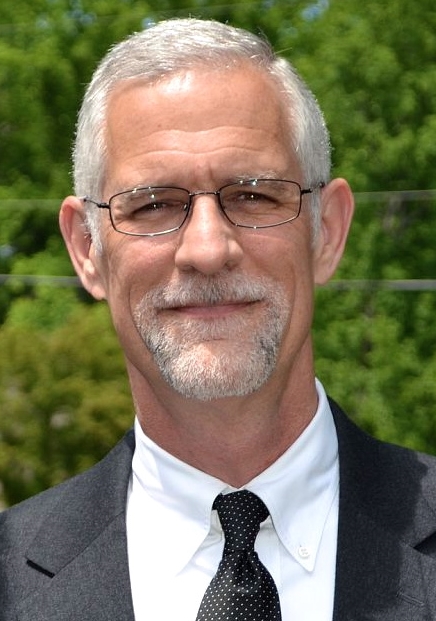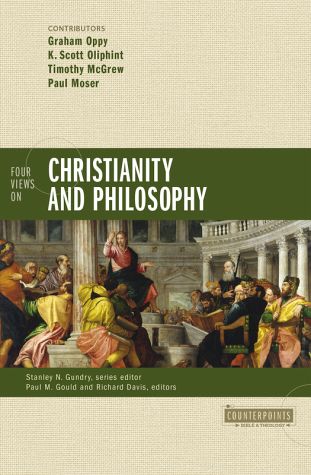Podcast: Play in new window | Download
Subscribe: Spotify | Email | RSS

Does Christianity trump Philosophy? This is one way of putting Dr. K. Scott Oliphint’s covenantal perspective on the two. In this new interview we discuss his contributions to Four Views on Christianity and Philosophy (kindle). Topics include:
- his disagreements with his Christian interlocutors Dr. Timothy McGrew and Dr. Paul Moser
- the concept of theological principia
- his views on natural theology and on the correct interpretation of Romans 1
- his understanding of the Trinity
- his views on mysteries, and his problem with Dr. Graham Oppy‘s mysterious physical necessary being
- his understanding of how possibility, necessity, and impossibility relate to God.
[spp-tweet tweet=”Does Christianity trump Philosophy?”]
- Links for this episode:

- Dr. Oliphint’s home page at Westminster Theological Seminary
- Four Views on Christianity and Philosophy (kindle)
- one self vs. three self Trinity theories
- mysterianism about the Trinity
- Francis Turretin
podcast 65 – Dr. Joshua Blander on John Duns Scotus on Identity and Distinction - Eleonore Stump on Incarnation
- Varieties of Modality
- Today’s thinking music is “Border Blaster (Instrumental Version)” by Josh Woodward.

Can anyone who knows the reformed tradition explain to me what an innate knowledge of God, which unbelievers supress, actually involves? So are, for example, Platonists suppressing the knowledge of God? Or just adding Things to their knowledge. What About Hindu’s? Or does the knowledge of God that is innate to all humans mean the God of the bible? How much specifically are all humans are supposed to know innately?
“Can anyone who knows the reformed tradition explain to me what an innate
knowledge of God, which unbelievers supress, actually involves?”
Very good question. John Frame addresses it here:
http://frame-poythress.org/unregenerate-knowledge-of-god/
~Sean
Thanks Sean 🙂
This podcast more than any others distinguishes Theology from Philosophy.
If “mystery is the lifeblood of Theology” then maybe “clarity is the lifeblood of Philosophy”
What I have never found appealing in systematic theology is that it tends to make this grande pronouncements on doctrinal issues then simply stop there. What philosophy helps to demonstrate, is that those specific pronouncements are but some of many alternatives.
Fantastic interview, thank you Dr. Oliphint!
Good conversation … but, it was a reminder that being a Trinitarian is not about being “rational” when confronted with making logical sense of scripture or one’s theological preferences. Validating the Trinity doctrine definitely takes a different approach.
Comments are closed.